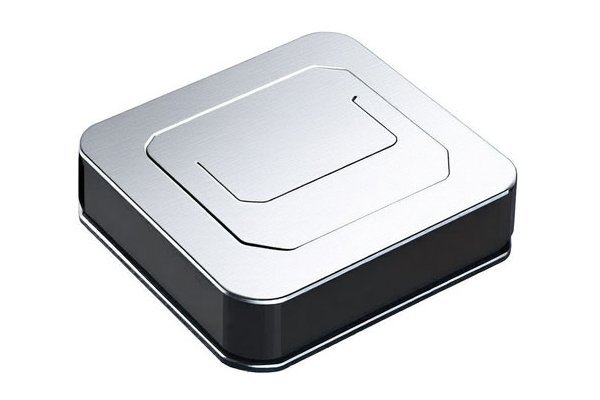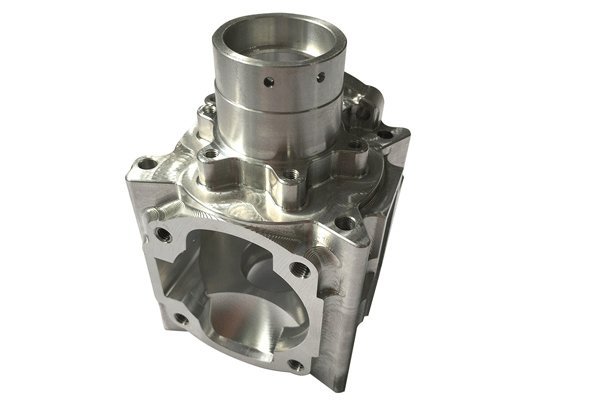Opening
Did you know that the demand for custom machined parts is projected to reach $160 billion by 2027? As industries advance and the need for precision increases, the ability to manufacture special-shaped parts through CNC (Computer Numerical Control) machining has become paramount. However, this task is not without its challenges. In this blog, we will explore the common difficulties faced in CNC machining of special-shaped parts and present practical solutions to achieve success in this niche but essential market.
to CNC Machining Special-Shaped Parts
CNC machining has transformed manufacturing by allowing for high-precision, repeatable processes that can produce complex geometries with ease. However, when it comes to special-shaped parts—those that deviate from standard geometric designs—complications arise. These parts can include various intricate profiles, curved surfaces, and asymmetric features that present unique challenges in both design and manufacturing.
Challenges in CNC Machining Special-Shaped Parts

The process of CNC machining special-shaped parts comes with its fair share of difficulties; however, by leveraging advanced technology, specialized tools, and thorough planning, manufacturers can overcome these challenges. From understanding the intricacies of geometries and materials to enhancing workflows and quality control measures, the key to successful machining lies in preparedness and adaptability.
As industries continue to demand more precision and customization, it becomes increasingly important for CNC manufacturers to stay informed about technological advances and best practices. The ability to effectively machine special-shaped parts will not only reduce costs and improve quality but also provide a competitive edge in a rapidly evolving marketplace.
This blog affirms that addressing the complexities of CNC machining special-shaped parts is worth thoughtful consideration, as it stands to significantly impact the future of manufacturing practices across various sectors. By embracing innovation and maintaining a proactive approach, businesses can ensure they meet the demands of an ever-changing landscape, paving the way for greater success and resilience in their operations.
In this dynamic world of CNC machining, the commitment to overcoming challenges is crucial for anyone looking to enhance their manufacturing capabilities and expand their offerings in an increasingly competitive environment.






